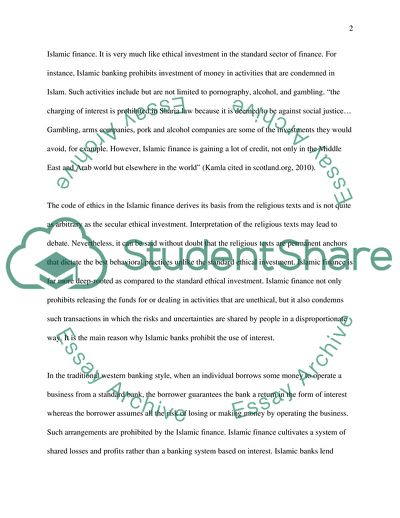Cite this document
(Islamic Finance Essay Example | Topics and Well Written Essays - 2500 words, n.d.)
Islamic Finance Essay Example | Topics and Well Written Essays - 2500 words. https://studentshare.org/finance-accounting/1797824-islamic-finance
Islamic Finance Essay Example | Topics and Well Written Essays - 2500 words. https://studentshare.org/finance-accounting/1797824-islamic-finance
(Islamic Finance Essay Example | Topics and Well Written Essays - 2500 Words)
Islamic Finance Essay Example | Topics and Well Written Essays - 2500 Words. https://studentshare.org/finance-accounting/1797824-islamic-finance.
Islamic Finance Essay Example | Topics and Well Written Essays - 2500 Words. https://studentshare.org/finance-accounting/1797824-islamic-finance.
“Islamic Finance Essay Example | Topics and Well Written Essays - 2500 Words”. https://studentshare.org/finance-accounting/1797824-islamic-finance.


